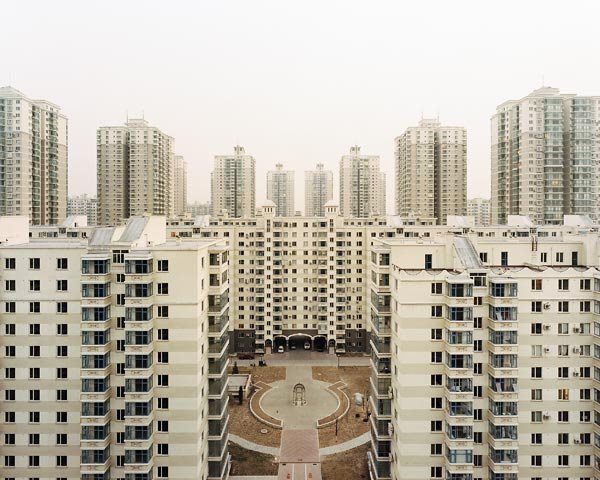In March, those facts coincided to result in Beijing’s largest courtyard purchase to date: RMB 36,324 per square meter for a courtyard in Houhai (see tbjhome, May 2007), Beijing’s most sought-after old-school address. Bordered by alleyways to the north and the lake to the south and extending 3,000 square meters – it takes ten minutes to walk around the thing – it’s one of 40 remaining large courtyards in the old city. Of course, no billionaire’s courtyard would be complete without a lavish renovation featuring wood from a Thailand rainforest, which in this case will cost another 300 million kuai.
“I’m not surprised at the price,” says Hu Xinyu, of hutong preservation group Friends of Old Beijing, who remembers a 1,000 square meter courtyard selling for about RMB 10,000 per square meter a few years ago. Sources tell that’s Beijing that an even larger Houhai courtyard space is up for sale with an asking price of over RMB 200 million – a trend that is sure to continue in the run-up to the Olympics. “What I’m concerned about,” says Xu, “is the idea behind the investment.”
In the heyday of the courtyard, during imperial times, the most highly decorated courtyards – those with lavish doorways and screen walls – were entrusted to only the most prominent imperial officials. That thinking might have been behind the Beijing government’s decision in 2004 to open sales of courtyards to private buyers. As development was rapidly overtaking Beijing’s old quarters, the idea was to turn protection of the city’s legendary courtyard homes over to the market. Among those answering Beijing’s courtyard call have been billionaires like Asia’s richest man Li Ka-Shing, and Rupert Murdoch and wife Wendi Deng – and though foreigners only account for five percent of courtyard sales, many think that number is growing.
On the one hand, large purchases like the recent one in Houhai could help the cause of the hutong and courtyard homes, spruce up neighborhoods and perhaps draw in more money. “In general, gentrification can do something good, as long as the process is managed in a careful, slow pace,” Xu says. “But I’m afraid about the wealthy taking over the courtyards and, without knowledge or feeling, renovating them in an improper way.”
Rules exist, of course, to ensure that any fancying-up of a traditional courtyard honors its dynastic roots: a law passed last year stipulates a fine of up to RMB 200,000 for illegal modifications.
Given all the attention it’s received, adding a few minarets and gold leaf to the Houhai courtyard will be impossible to hide, and sources close to developer Wantong say that the home’s renovation will be faithful to its heritage. There will, however, be a swimming pool in the basement.
Alex Pasternack and Jessie Wang

No comments:
Post a Comment